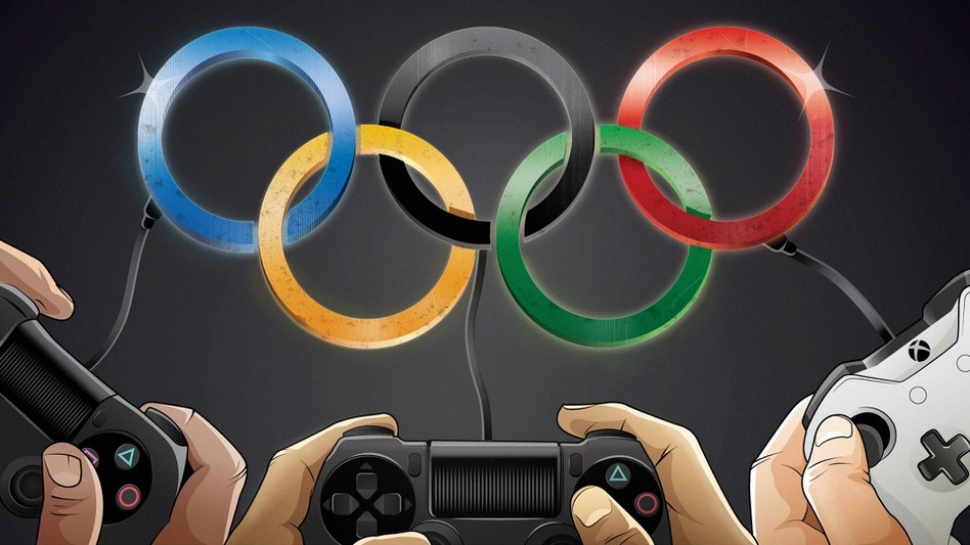It’s been around a while
Video game competitions of various (but mostly tiny) scale have been held since the age of Pac-man and Space Invaders, but the eSports of today arguably began in 2000, when South Korea created the Korea eSports Association (KeSPA) to regulate and promote the competitions. This cemented South Korea’s flagship role in the field – and the stereotypical image of a be-spectacled Korean pro player tapping away at his keyboard at a superhuman speed while staring intently at the screen.

The International Olympic Committee has been mulling the idea for some time that esports could eventually be included in the Olympic Games at some point.
Thomas Bach, president of the International Olympic Committee told the South China Morning Post that while he is open to the idea of including esports, it has to be on a non-violent level.
But over the weekend it seemed that more members are opening up to the inclusion of competitive video games.
In an official memo from the 6th Olympic Summit, held in Lausanne, Switzerland, a number of topics which are important to the future of the Olympic Movement were discussed - including esports.
According to the memo, "eSports are showing strong growth, especially within the youth demographic across different countries, and can provide a platform for engagement with the Olympic Movement."
As close to as we will ever come to esports being recognised as an actual sport, the memo from the Olympic Summit stops short of actually doing so.
"Competitive eSports could be considered as a sporting activity, and the players involved prepare and train with an intensity which may be comparable to athletes in traditional sports."
The rest of memo reiterates previous statements, in that the games being played should be violent in nature (so no Mortal Kombat or CSGO), and that the industry should be regulated to ensure compliance with the rules and regulations of the Olympic Movement.
While it's not much, at least now everybody in esports know what goals need to be met in order to be considered an actual sport and be included in the Olympic Games
It’s as big as ‘real’ sports in some ways
The 2017 League of Legends Mid-Season Invitational tournament was watched by an epic 360 million people, the game’s official eSports website said. That year’s Super Bowl, the biggest US sports event of the year, was only watched by 111 million. Now, the comparison is somewhat flawed, pitting three weeks’ worth of gaming against a single NFL showdown – but at the very least it puts into perspective the numbers involved. And if that is not an indication that eSports are here to stay and grow, nothing is.




Share the News